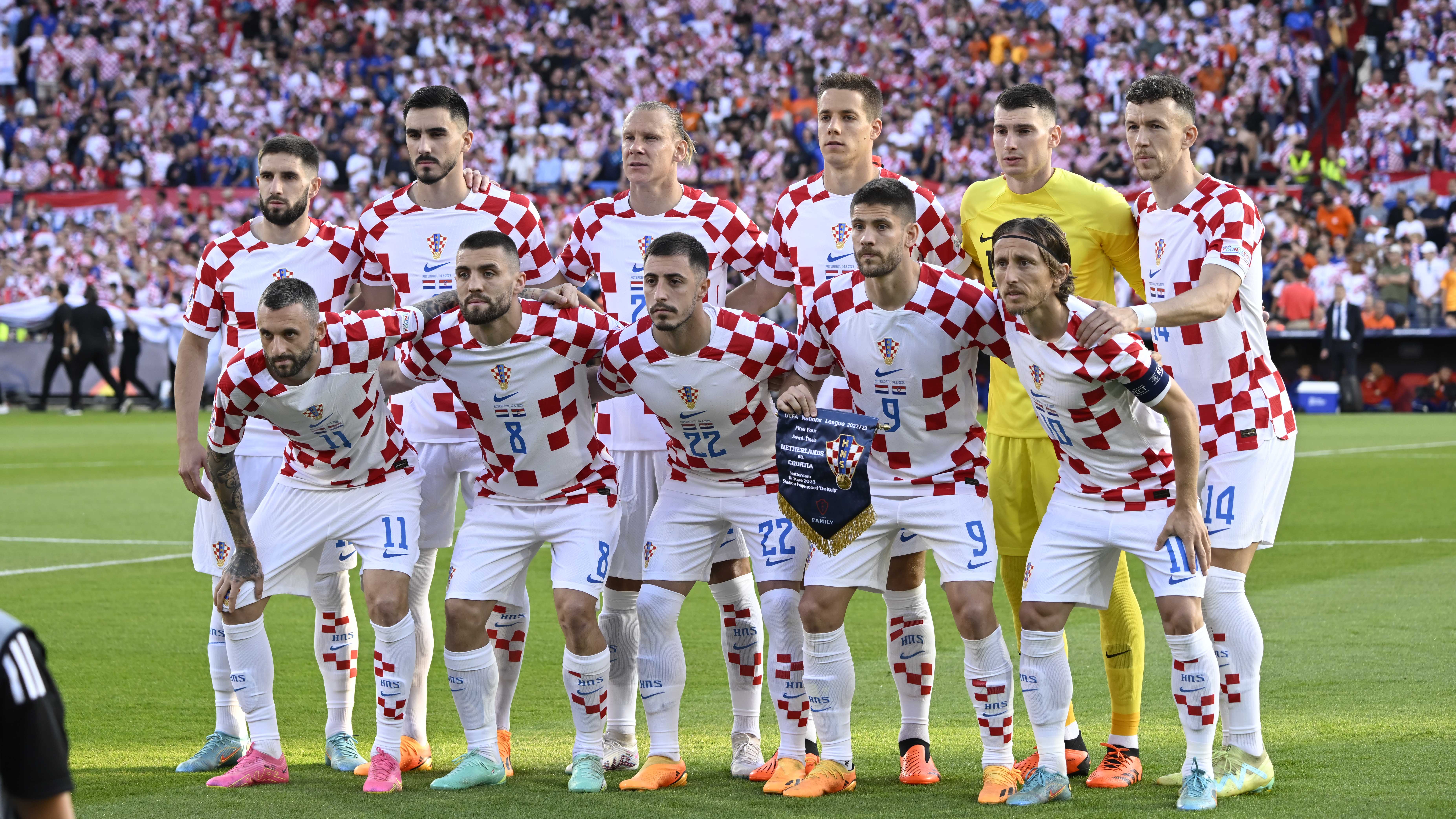The Croatian National Football Team: A Comprehensive Overview
Introduction
The Croatian national football team, known as the "Vatreni" (The Blazers), has carved a niche for itself as one of the most formidable teams in international football. Known for their passionate play and technical skills, Croatia has consistently punched above its weight, producing a series of remarkable performances on the world stage. This article explores the team’s history, key players, major achievements, and the impact of Croatian football on the global scene.
Historical Background
Early Years
The Croatian national team played its first official match in 1990, following the country’s declaration of independence from Yugoslavia. However, football in Croatia has deep roots, with Croatian players having been an integral part of the Yugoslav national team before independence. The Croatian Football Federation was founded in 1912 and became a member of FIFA and UEFA in 1992, marking the official beginning of its international journey.
1990s: A Meteoric Rise
Croatia's rapid rise in international football began in the mid-1990s. The team's debut in a major tournament came at the 1996 UEFA European Championship, where they reached the quarter-finals, showcasing their potential on the international stage. However, it was the 1998 FIFA World Cup in France that truly announced Croatia’s arrival as a footballing force.
Golden Era: 1998 World Cup
The 1998 World Cup was a watershed moment for Croatian football. Under the management of Miroslav Blažević, the team reached the semi-finals, finishing third overall after defeating the Netherlands in the third-place playoff. This remarkable achievement was highlighted by the performances of Davor Šuker, who won the Golden Boot as the tournament's top scorer, and the contributions of players like Zvonimir Boban and Robert Prosinečki.
Achievements
FIFA World Cup
- 1998: Croatia finished third, making an impressive run to the semi-finals in their World Cup debut.
- 2018: Croatia achieved their best World Cup result by reaching the final, ultimately finishing as runners-up to France.
UEFA European Championship
- 1996: Croatia reached the quarter-finals in their first major tournament appearance.
- 2008: The team reached the quarter-finals, demonstrating their consistency in European competitions.
UEFA Nations League
- 2023: Croatia finished as runners-up in the UEFA Nations League, further establishing their presence among Europe’s elite teams.
Notable Players
Davor Šuker
Davor Šuker is perhaps the most iconic figure in Croatian football history. Known for his clinical finishing and intelligent play, Šuker was instrumental in Croatia’s 1998 World Cup success, where he became the tournament's top scorer. His contributions have left a lasting legacy on Croatian football.
Luka Modrić
Luka Modrić, widely regarded as one of the best midfielders of his generation, has been a cornerstone of the Croatian national team for over a decade. His vision, passing ability, and leadership were pivotal in Croatia's run to the 2018 World Cup final. Modrić's performances earned him the Golden Ball award as the tournament's best player and the 2018 Ballon d'Or, recognizing him as the world's best player.
Zvonimir Boban
Zvonimir Boban, the captain of the 1998 World Cup team, was known for his tactical intelligence and leadership on the field. Boban’s influence extended beyond his playing days, as he later served in key administrative roles in Croatian and international football.
Ivan Rakitić
Ivan Rakitić has been an essential part of Croatia's midfield, known for his technical skills and versatility. His partnership with Modrić in the midfield was a driving force behind Croatia’s success in the 2018 World Cup.
Tactical Approach
Croatia's tactical approach has evolved over the years, characterized by a blend of technical skill, discipline, and tactical flexibility. The team has traditionally favored a 4-2-3-1 formation, allowing for a strong defensive base while enabling quick transitions and fluid attacking play. Under the management of Zlatko Dalić, Croatia has demonstrated adaptability, adjusting tactics to exploit opponents' weaknesses while capitalizing on their own strengths.
The Impact of Croatian Football
Development of Talent
Croatia is renowned for its ability to produce world-class talent. The country’s strong youth development programs and emphasis on technical skills have resulted in a steady stream of exceptional players who have excelled both domestically and internationally. Croatian players have left their mark in Europe’s top leagues, showcasing their talent on the global stage.
Influence on Global Football
Croatian football has had a significant impact on the global scene, inspiring smaller nations to believe in their potential to achieve success on the international stage. The team’s achievements have elevated the profile of Croatian football, and players like Modrić and Šuker have become global ambassadors for the sport.
Challenges and Future Prospects
While Croatia has enjoyed considerable success, challenges remain as the team looks to transition from its golden generation to a new cohort of players. Ensuring the development of young talent and maintaining competitiveness on the international stage are crucial for sustaining success. Emerging players like Joško Gvardiol and Luka Sučić represent the future of Croatian football and will play a vital role in the team’s continued evolution.
Conclusion
The Croatian national football team has come a long way since its inception, achieving remarkable success and earning a reputation as one of the world's elite teams. From the brilliance of Šuker and Boban to the leadership of Modrić, Croatia has consistently produced world-class talent that has captivated fans around the globe. As the team continues to evolve, Croatia remains poised to achieve even greater heights in the future, inspiring generations of players and fans alike with their passion and commitment to the beautiful game.

